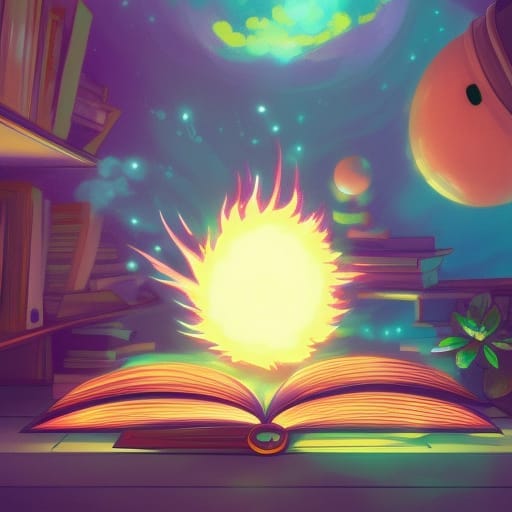Here’s the Weekly Writers Monday post. Thanks to my paid subscribers, today’s post is open to everyone.
Awards And Prejudice
No, it isn’t the recently discovered unpublished novel by Jane Austen.
I touched on awards in the table last time, when I compared key criteria in the two main publishing options for authors. Now I’d like to say a bit more about awards.
The more open a competition is, the bigger the field of books, and the more likely that the winners really are the best books. More restricted awards can end up as just publisher promotional tools, where the results have little connection to quality due to excellent books being excluded. Those awards which reject books by independent authors (regardless of the book’s quality) are failing the reading community, as well as the authors.
Even big awards can be controversial. Shortlists of unreadably dour books; nepotism; restricted lists that exclude many books (e.g. titles by independent authors – The Booker Prize has a clause to that effect); culturally biased judges; opaque judging processes; goals of enriching the organisers; claiming that subjective responses from a limited group equate to objective criteria; hidden costs for the winners which even independent presses can’t afford. No wonder many question whether things like the Booker really do find the best books, or if it is really just an extended wankfest sales promotion for the biggest publishers.
“But surely if book prizes were open to all books, they would be inundated?”
I was quoted in Book Prizes & Awards For Indie Authors (Orna Ross, 2021), talking about this topic when I addressed the eligibility rules for the Wales Book of the Year competition run by Literature Wales:
“Do non-discriminatory prizes get too many entries? No. Can the level of entries be managed? Of course. An insider told me it’s really not hard to do; the Folio prize starts with a form submission about the book and goes from there. Also, if an organization is worried about the number of entries, it can implement quality controls. This is far better than arbitrary exclusions. Apply the same criteria to all books, trade published or independent.”
I say that from experience. One year I chaired a judging panel for the international Bram Stoker Awards. Yes, there was so much to read that my productivity slipped, but it was also a humbling and exciting year. The Bram Stoker Awards are truly inclusive because they are open to everyone, regardless of how a book is published. All that matters is looking for the best book in each category. Many on my shortlist were amazing books, and would have been excluded entirely by some other awards due to being published by independent authors. The focus in our critical discussions was on championing works, explaining why they stood out, what they did well, what made them so fresh and exciting.
Bearing all that in mind, awards fall into the category of “nice to have” rather than necessary. The time and cost in being considered can be substantial in some cases, and a drain of resources from more important endeavours. The ultimate goal is readers who love your books (and buy them, and tell others about them). That said, if you do win any notable awards that might impress readers (and I don’t mean your local writing group’s monthly prize for best short story), then it is something you’ll use in your marketing: adverts, a badge on the book cover or mention in the blurb and so on. The importance of a major award isn’t in boosting the author’s ego, but in the possibility of increasing sales of the book (and, in turn, maybe a chance of selling subsidiary TV/film or translation rights).
As such, if you are interested in this area, it is often best to start with more local or smaller-scale competitions. This can boost your confidence and profile, paving the way for bigger wins later.
And if you enter any awards: bear in mind they are not all equal. Some have better reputations than others. Don’t let the idea of accolades swallow up too much time and energy from actually just writing your next amazing book, which will be so good it can’t be ignored. Nothing sells books like a new book does. (Try saying that fast while drunk on celebratory champagne at an awards ceremony.)
Feel free to discuss awards (or tell us any you have won!) in the comments.
Until next time,
Karl





Yes. Having been published previously by two of the Big Publishers (what was then Routledge Kegan Paul and HarperCollins) as well as by some smaller publishers, I have no doubts about my credentials as a writer. All my books are now independently published (including books that I reclaimed from traditional publishers) and I am proud to have it so, but we could certainly do with more recognition, while acknowledging that not all independent writers are of equal competence (of course). This needs wider discussion.
Good post Karl.
If I had a book published, I think I would rather talk about on podcasts that win an ward.
Interesting Karl. Thanks!